
The draft law consists of 6 chapters and 42 articles. Chapter II stipulates that, based on the developments of disasters, epidemics, national defense and security, social order and safety, and at the request of ministries or provincial People's Committee chairmen, the Prime Minister shall request the National Assembly Standing Committee to declare a state of emergency; in case the National Assembly Standing Committee cannot meet immediately, the Prime Minister shall requestthe President to declare a state of emergency nationwide or in each locality.
Chapter III stipulates decentralization, delegation of authority and ensuring flexibility to promptly respond to emergency situations. Specifically, if necessary, the Prime Minister may apply measures that are not yet prescribed by current laws and report to the competent Party and National Assembly agencies as soon as possible to comply with the provisions of the Law on Organization of the Government 2025.

The Chairman of the Provincial People's Committee decides to apply measures that are not yet prescribed by current laws and reports to the competent Party agency and the Prime Minister as soon as possible to comply with the provisions of the Law on Organization of Local Government 2025.
Chapter IV of the draft stipulates that, if necessary, the Prime Minister shall request the President to mobilize armed forces to the area declaring a state of emergency regarding national defense, national security, social order and safety. The Minister of National Defense and the Minister of Public Security shall mobilize forces under their authority to the area declaring a state of emergency regarding major disasters and epidemics to support local forces in rescue and overcoming the consequences of disasters.

Presenting the Verification Report, Chairman of the National Assembly's Committee on National Defense, Security and Foreign Affairs Le Tan Toi said that the Committee agreed on the necessity of promulgating the Law with political, legal and practical bases as stated in the Submission.
The promulgation of the Law on State of Emergency aims to perfect the legal system in preventing, combating, and overcoming disasters and incidents, and measures to handle urgent situations in military, national defense, security, social order and safety; and to be ready to effectively respond to traditional and non-traditional security challenges.
Mr. Le Tan Toi also presented a number of major issues related to the draft Law. Notably, the Committee requested the drafting agency to study and clarify the basis for declaring a state of emergency, ensuring consistency between the articles.
Regarding the decentralization and delegation of authority to apply measures in a state of emergency, the Committee basically agrees with the provision delegating authority to the Prime Minister: In case of necessity, measures that are not yet prescribed by current laws can be applied and reported to the competent authorities of the Party and the National Assembly as soon as possible, ensuring flexibility in responding to and handling complicated situations.
However, there are also opinions suggesting to study and supplement the content "or different from the provisions of current law" to comply with the provisions on decentralization, delegation of authority, and authorization according to the Law on Government Organization 2025.
According to Mr. Le Tan Toi, the Evaluation Committee assessed that the draft Law dossier had been carefully prepared by the Drafting Agency in accordance with the provisions of the Law on Promulgation of Legal Documents, and was eligible to be submitted to the National Assembly for comments at this session.
Source: https://hanoimoi.vn/bao-dam-linh-hoat-ung-pho-cac-tinh-huong-trong-tinh-trang-khan-cap-703660.html


![[Photo] General Secretary To Lam works with the Central Policy and Strategy Committee](https://vphoto.vietnam.vn/thumb/1200x675/vietnam/resource/IMAGE/2025/5/28/7b31a656d8a148d4b7e7ca66463a6894)
![[Photo] 12th grade students say goodbye at the closing ceremony, preparing to embark on a new journey](https://vphoto.vietnam.vn/thumb/1200x675/vietnam/resource/IMAGE/2025/5/28/42ac3d300d214e7b8db4a03feeed3f6a)
![[Photo] Vietnamese and Hungarian leaders attend the opening of the exhibition by photographer Bozoky Dezso](https://vphoto.vietnam.vn/thumb/1200x675/vietnam/resource/IMAGE/2025/5/28/b478be84f13042aebc74e077c4756e4b)

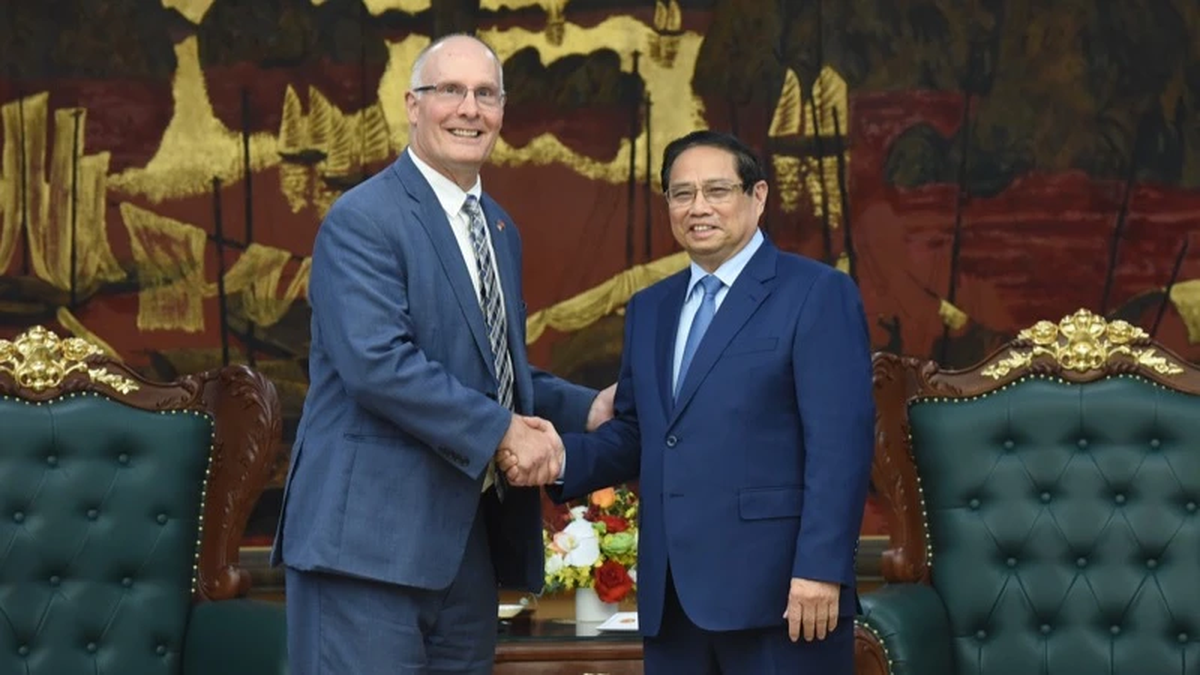
![[Photo] Prime Minister Pham Minh Chinh receives a bipartisan delegation of US House of Representatives](https://vphoto.vietnam.vn/thumb/1200x675/vietnam/resource/IMAGE/2025/5/28/468e61546b664d3f98dc75f6a3c2c880)
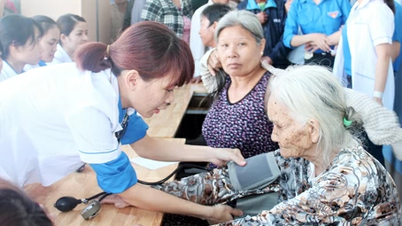


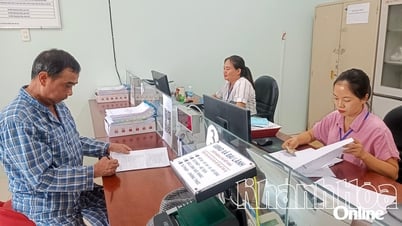

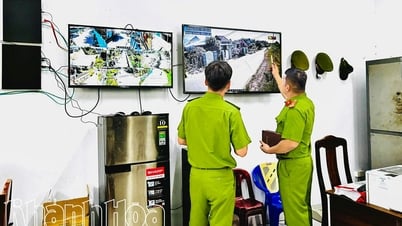






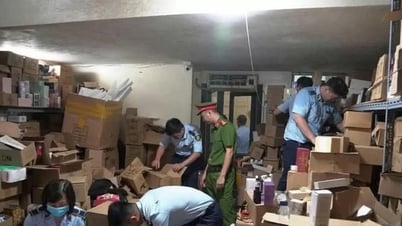

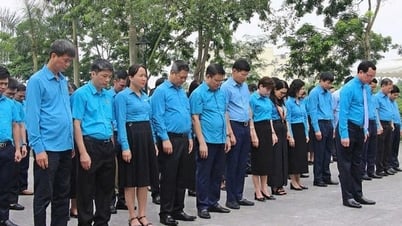

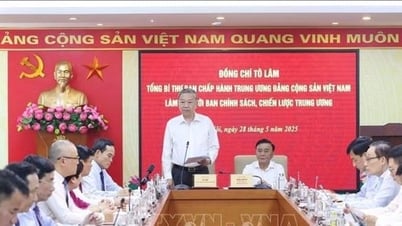


















































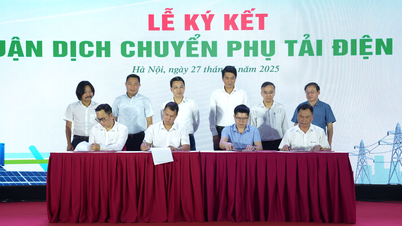
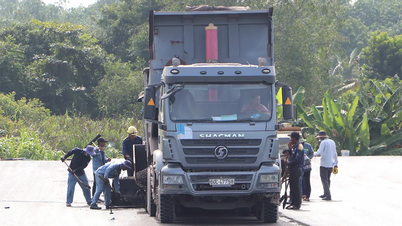

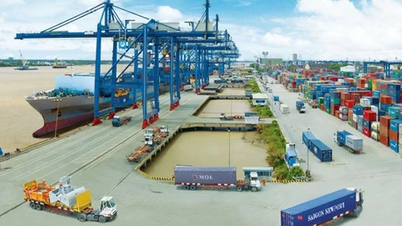











Comment (0)